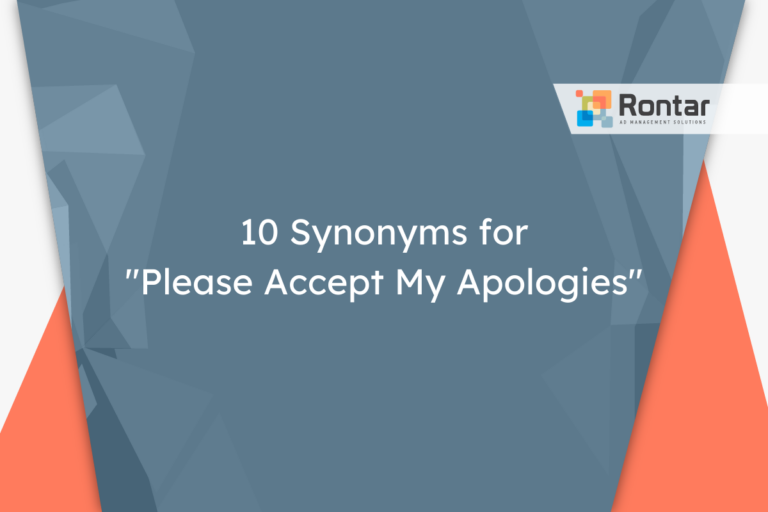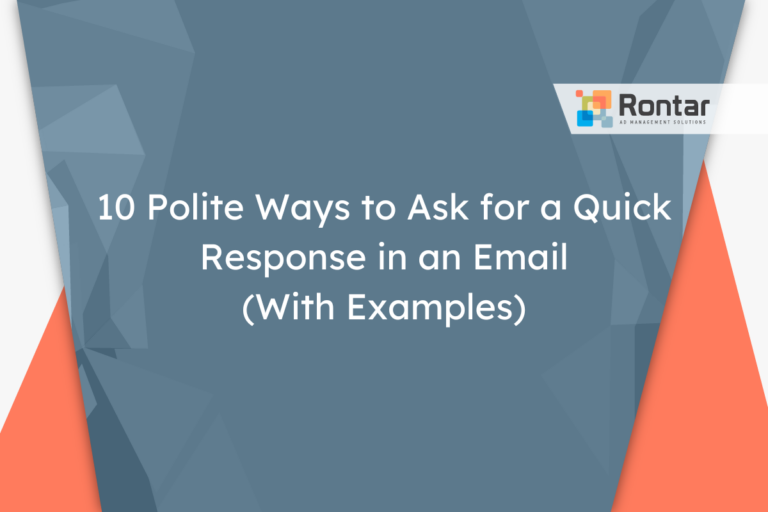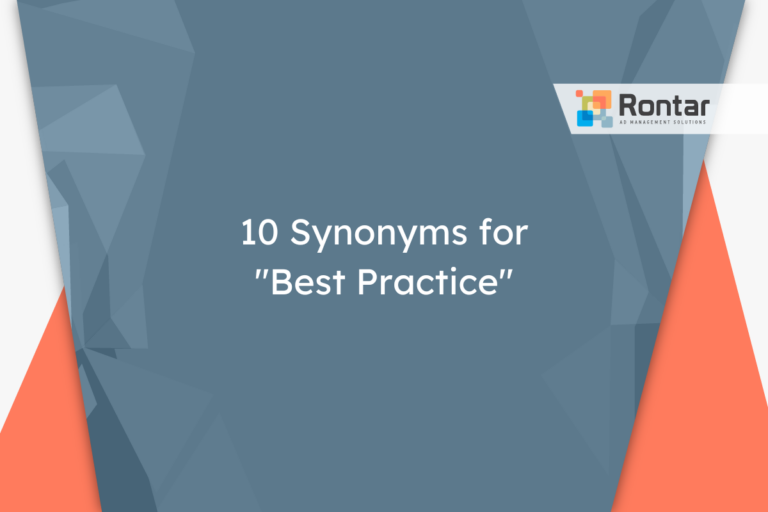10 Synonyms for “I Would Like to Know”

In the professional world, the way we ask for information can make a big difference. Saying “I would like to know” is a common approach, but there are many other ways to express this desire without sounding repetitive.
This article explores 10 professional alternatives that keep your emails interesting and polite. Each alternative is broken down to show when and how it’s best used, along with a short email example to see it in action.
Is It Professional to Say “I Would Like to Know”?
The phrase “I would like to know” can be seen as professional, formal or informal, and polite depending on how it is used. It’s best used in situations where you’re seeking clarification or additional information with a tone of respect and curiosity.
We recommend using this phrase in emails to colleagues, requests for information from other departments, inquiries to service providers, or questions to a mentor. It fits well with correspondents ranging from peers to higher management, as well as external contacts. It’s most suitable for written mediums like emails, letters, and business messaging platforms.
Here is an example:
Greetings Mark,
I would like to know the progress on the Henderson project at your earliest convenience.
Thank you for your attention to this matter.
Best regards,
Emily
Pros and cons of using “I would like to know”:
Pros:
- Conveys politeness and interest without being overly direct.
- Appropriate for a wide range of professional settings.
- Helps to keep the tone of the conversation respectful and courteous.
Cons:
- Can be perceived as too passive in situations where directness is valued.
- May imply uncertainty or lack of authority in some contexts.
Even though “I would like to know” fits many settings, someone might want to use an alternative phrase to add variety to their language or to adjust the level of formality to match the context better.
10 Other Ways to Say “I Would Like to Know”
When looking for a more fitting way to express curiosity or request information in a professional email, consider these common alternatives:
- Can you update me on
- Could you inform me about
- May I be informed about
- I’m interested in hearing more about
- I’m eager to learn more about
- Would you mind sharing more about
- I’d appreciate updates on
- Please let me know about
- I’m curious about
- What’s the status of
1. Can you update me on
This alternative is less formal and implies a request for current information or status. It’s more direct and can be seen as more informal and polite compared to the original phrase. It’s best used with colleagues or when you have an ongoing project or situation that you’re following up on.
This alternative fits well in emails or messages where you have an existing relationship with the recipient, making it seem more personable. It’s suitable for communication within teams or with project members.
Email example:
Greetings Sarah, Can you update me on the client feedback for the new campaign? Thanks, Tom
2. Could you inform me about
This phrase is a slightly more formal request for information, maintaining a professional and polite tone. It implies that the sender is asking for specific details or clarification. It’s well-suited for when dealing with both internal and external correspondents where a level of formality is appreciated.
This phrase is a good choice in emails when you need information from someone who may not be in your immediate team, such as a different department or an external partner. It ensures communication remains clear and respectful.
Example:
Hello Alex, Could you inform me about the updated guidelines for the project submission? Best, Jamie
3. May I be informed about
This option takes on a more formal approach and is highly polite, making it suitable for instances where you might be asking for information from someone in a higher position or when you want to show utmost respect. It’s a more cautious way of requesting information.
Ideal for formal communications, especially with higher management or external clients where the level of formality and respect needs to be emphasized in the message. This selection conveys a respectful distance and professionalism.
Email sample:
Dear Dr. Wilson, May I be informed about the outcomes of the recent board meeting? Regards, Eli
4. I’m interested in hearing more about
Choosing this alternative suggests a keen interest in the topic discussed. It’s less about seeking updates and more about showing a proactive desire to know more, making it both informal and polite. It’s perfect for conversations where you want to express enthusiasm or engagement with the topic.
This phrase is well-suited for messages where you’re engaging in a discussion or following up on a presentation or meeting. It works well with colleagues, mentors, or during networking, as it helps to build rapport.
Here’s an example:
Hi Jordan, I'm interested in hearing more about your approach to customer engagement strategies. Cheers, Mia
5. I’m eager to learn more about
This synonym conveys a strong desire and enthusiasm to gain knowledge about the subject. It’s more informal than the original phrase but remains polite, making it suitable for situations where you want to express genuine curiosity or eagerness.
Best used with colleagues, in workshops, or with mentors when you’re seeking deeper understanding or insights. It emphasizes a positive attitude and a readiness to engage more thoroughly with the topic.
Email example:
Hello Casey, I'm eager to learn more about the new training modules. Kind regards, Adrian
6. Would you mind sharing more about
This alternative signals a polite and informal request for information, with a soft tone that makes it particularly effective in maintaining a friendly relationship. It suggests respect for the recipient’s willingness to share.
Especially useful in casual professional contexts or when asking for personal insights or experiences from peers. It fosters an environment of mutual respect and openness.
Example:
Hey Riley, Would you mind sharing more about your experience with the new software? Thanks, Drew
7. I’d appreciate updates on
This phrase is straightforward and conveys a sense of anticipation for receiving information, making it both formal and polite. It implies that the sender values the updates and considers them important.
It is suited for professional settings where you are expecting periodic updates, such as project progress or outcomes of inquiries. This alternative maintains the seriousness and formality of workplace communication.
Email sample:
Dear Logan, I'd appreciate updates on the status of the marketing proposal. Sincerely, Harper
8. Please let me know about
This version is direct, professional, and polite. By using “please,” it adds a layer of courtesy to the request. This makes it a versatile option that can be used in a wide range of situations.
Suitable for any professional email, whether you’re addressing a superior, a colleague, or an external contact. It clearly communicates your request in a respectful manner.
Here’s an example:
Good morning Taylor, Please let me know about any changes to the project timeline. Thank you, Bailey
9. I’m curious about
This expression indicates a lighter, more informal tone of inquiry, yet it can still be polite and professional. It’s best used when you want to soften the request or when you’re in a less formal conversation.
This phrase suits engagements with colleagues or in environments that encourage open dialogue and creative thinking. It’s perfect for sparking discussions or when you’re asking out of genuine personal interest.
Email example:
Hi Leslie, I'm curious about the strategies you used for the recent project success. Best, Quinn
10. What’s the status of
This is a concise, to-the-point way to request information, leaning towards a more informal but still polite manner. It’s best for when you need a quick update or summary without necessitating long explanations or justifications.
Great for use within team communications or with project stakeholders when you need a brief update to keep things moving forward. It keeps messages clear and efficient.
Example:
Hello Devin, What's the status of the server upgrade? Regards, Jordan
Final Thoughts
Finding the right way to express your need for information is key in maintaining professionalism and politeness in the workplace. The 10 alternatives provided here offer a range of options to suit different situations, recipients, and communication styles. Test out these different phrases in your emails to see which works best for you and the people you communicate with.






